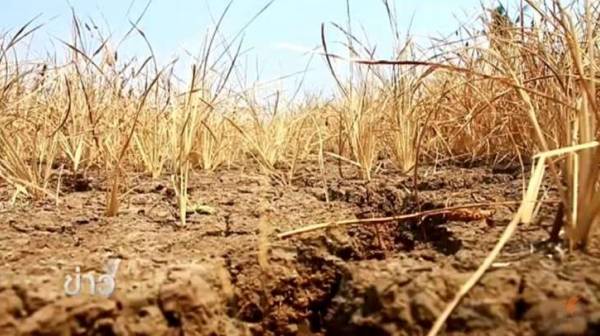Bài học cùng chủ đề
Báo cáo học liệu
Mua học liệu
Mua học liệu:
-
Số dư ví của bạn: 0 coin - 0 Xu
-
Nếu mua học liệu này bạn sẽ bị trừ: 2 coin\Xu
Để nhận Coin\Xu, bạn có thể:

Practice SVIP
Listen and fill in each gap with ONE word from the recording.
Mr. Huynh Van Loi from Can Tho, Viet Nam, a farmer who spent most his fife in the same small Mekong Delta district, has good weather and bad, droughts and floods but this rear brought something he'd never seen.
“The water is salty,” he said. “I've been living here since my but this is the first time we've had salty water. All my crops were destroyed.” The region's worst in 90 years, combined with rising sea levels and rampant development are causing a crisis in the Mekong Delta, known as Vietnam's rice bowl. The delta is home to 20 million people and accounts for more than half of Vietnam's rice and fruit 90% of its rice exports and 60% of fishery exports.
A United Nations report released in March about the drought estimated that about 393,000 acres of rice in Vietnam was already lost, with an additional 1.2 million acres likely to be damaged. Almost 1 million people lack water for daily The figures are alarming but could grow worse if weather extremes become more common in years to come.
Listen and complete the sentences with words that your hear from the recording.
1. A flood is land by water that is not usually covered by water.
2. A flood which causes severely damage or loss of life to or livestock is considered a significant flood.
3. Floods are among the most of natural disasters.
4. Floods affect not only human life but also destroy .
(Kéo thả hoặc click vào để điền)
Rearrange the sentences to make a suitable conversation.
- What's going on in the news today?
- Yes. It says lots of houses were destroyed.
- Really?
- Thank goodness for that.
- What a shame!
- Well, the Times says there was a terrible storm in the north.
- But there haven't been any deaths.
Rearrange the sentences in order to make a meaningful conversation.
- Duong: Why did it cause a lot of damage in New Orleans? (cont.)
- Duong: This morning our teacher talked about Hurricane Katrina in America in 2005. Do you know much about it, Nick?
- Nick: Yes. Hurricane Katrina was one of the strongest storms to affect the coast of the United States for the last 100 years.
- Nick: At first, it was only a tropical depression, and then it quickly grew in strength and soon became a tropical storm.
- Duong: The strongest storm for the last 100 years? What happened then?
Rearrange the sentences in order to make a meaningful conversation.
- Nick: A levee is a wall built next to a river to stop the river from overflowing. Well, local people felt angry because the government did not prepare New Orleans for a disaster like Hurricane Katrina, and people did not have shelter and food.
- Duong: Really? That's awful. America is a rich country.
- Duong: What are the levees, Nick?
- Nick: Yes, but the government did not provide help in time
- (cont.) Nick: Because the levees all over the city of New Orleans were broken and collapsed, then 80% of the city was left under water.
Look at the picture, answer the questions.

1. What is this natural disaster?
2. Where is the scene?
3. Does it often rain in this field?
4. Can the rice grow well without water?
5. What do you see in the scene?
6. What are the effects of drought?
Describe the picture in your own word.



Bạn có thể đánh giá bài học này ở đây